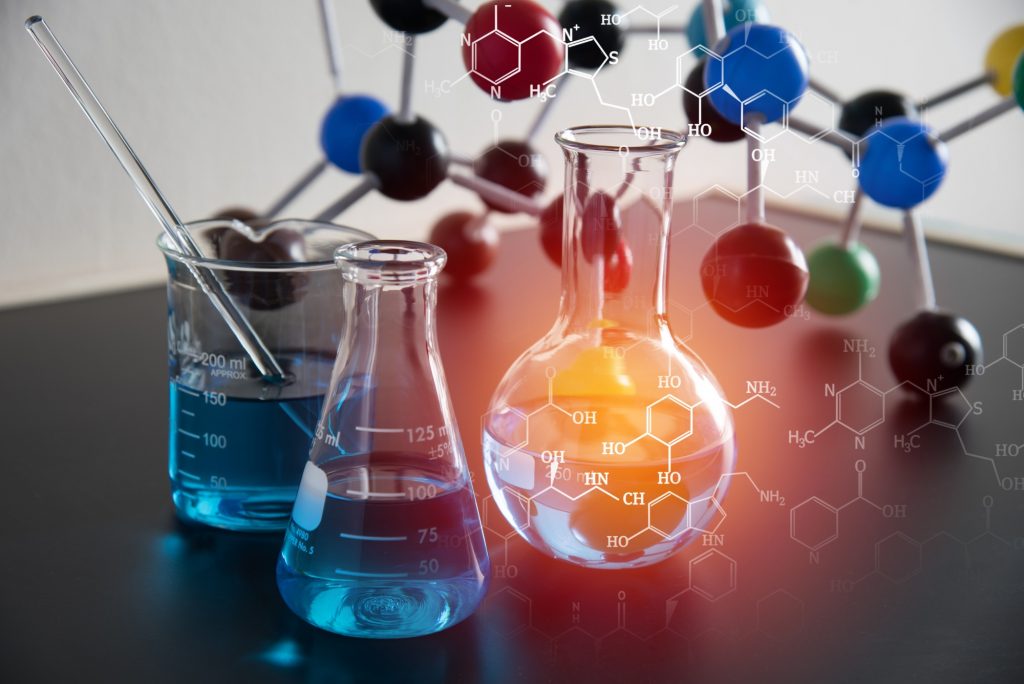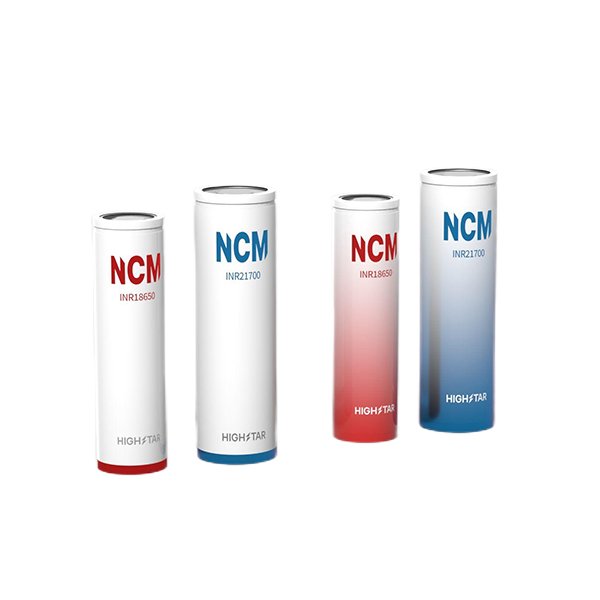Why Do Plants Produce Chemicals: The Intricate World of Plant Chemistry

Plants are fascinating organisms that have evolved over millions of years to adapt to their environments. One of the most intriguing aspects of plants is their ability to produce a vast array of chemicals. These chemicals serve a variety of purposes, from protecting the plant from predators to attracting pollinators. In this article, we will explore the reasons why plants produce chemicals and the fascinating world of plant chemistry.
Defense Mechanisms
One of the primary reasons why plants produce chemicals is for defense against predators. Plants are stationary organisms that cannot run away from danger, so they have developed a variety of chemical defenses to protect themselves. These chemicals can be toxic to predators or act as a deterrent to prevent them from eating the plant. For example, the nicotine in tobacco plants is toxic to many insects, while the spiciness of chili peppers deters mammals from eating them.
Attracting Pollinators
Another reason why plants produce chemicals is to attract pollinators. Many plants rely on insects or other animals to pollinate their flowers, which is essential for reproduction. To attract these pollinators, plants produce chemicals that mimic the scent of pheromones or other attractive scents. For example, the vanilla orchid produces a chemical called vanillin, which mimics the scent of a female bee. This scent attracts male bees, which then pollinate the flowers.
Medicinal Properties
Plants have been used for medicinal purposes for thousands of years. Many of the chemicals produced by plants have medicinal properties and can be used to treat a variety of ailments. For example, the compound salicylic acid, found in willow bark, is the active ingredient in aspirin. Other plants, such as the opium poppy, produce chemicals that can be used as painkillers.
Environmental Adaptation
Plants produce chemicals to adapt to their environments. For example, plants that grow in areas with high levels of ultraviolet radiation produce chemicals that protect them from the harmful effects of the sun. Plants that grow in areas with low levels of nutrients produce chemicals that help them absorb nutrients more efficiently.
Conclusion
Plants produce chemicals for a variety of reasons, from defense against predators to attracting pollinators. The intricate world of plant chemistry is fascinating and has many practical applications, from medicine to environmental adaptation. Understanding the reasons why plants produce chemicals can help us appreciate the complexity of these organisms and the important role they play in our world.




